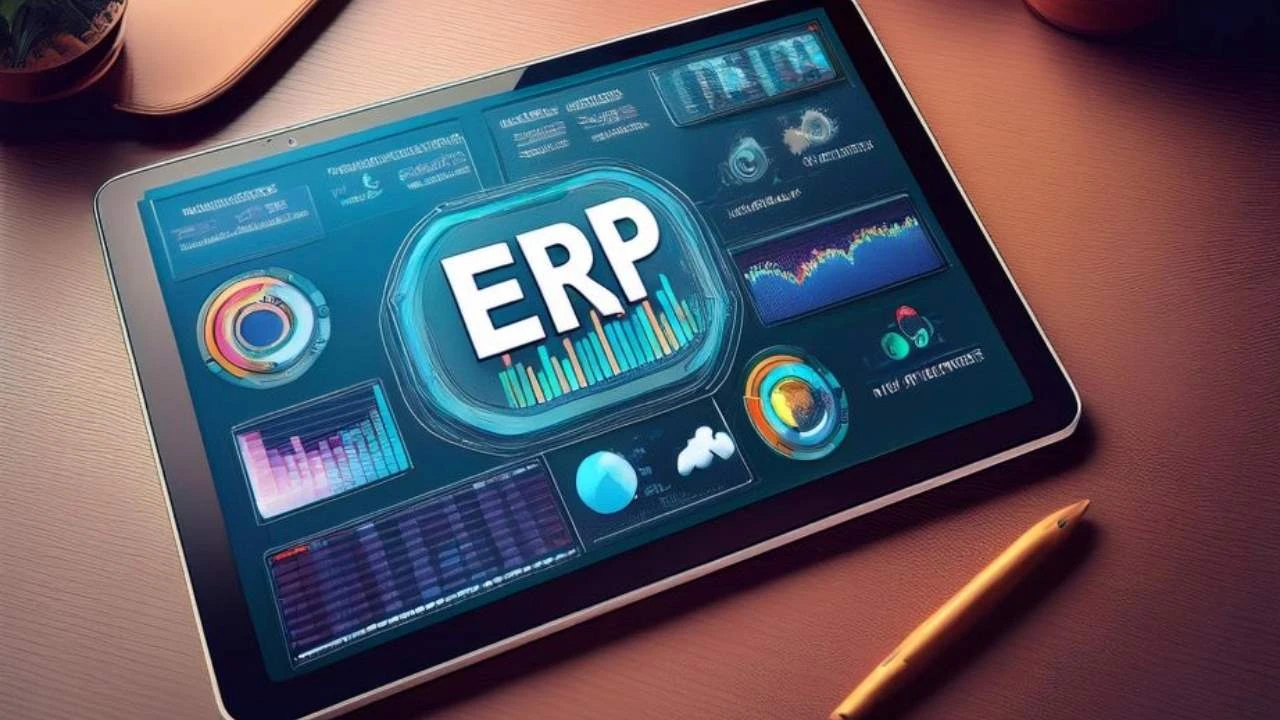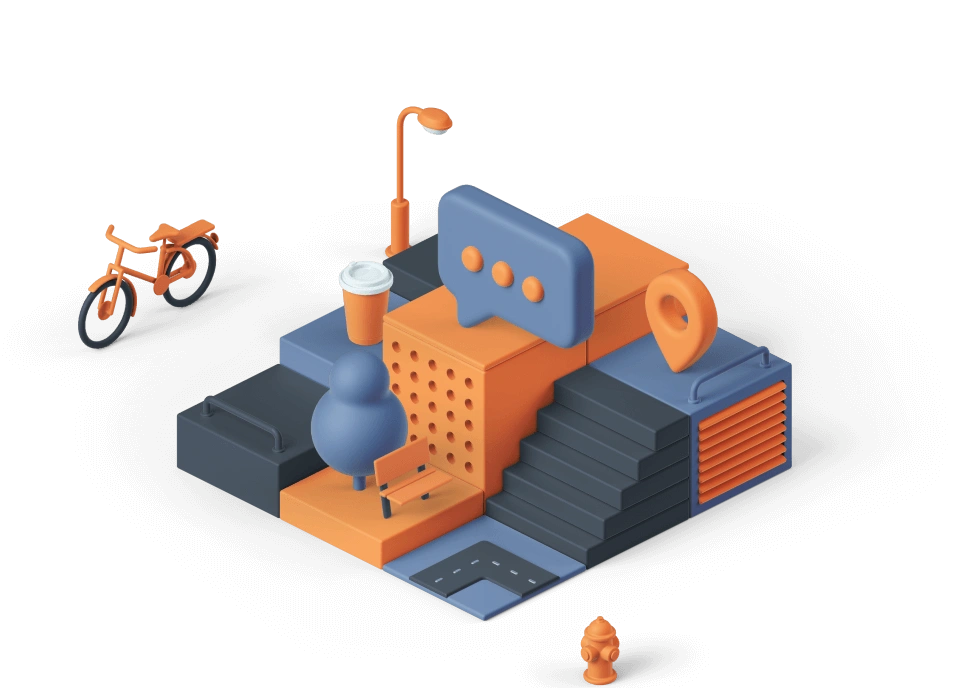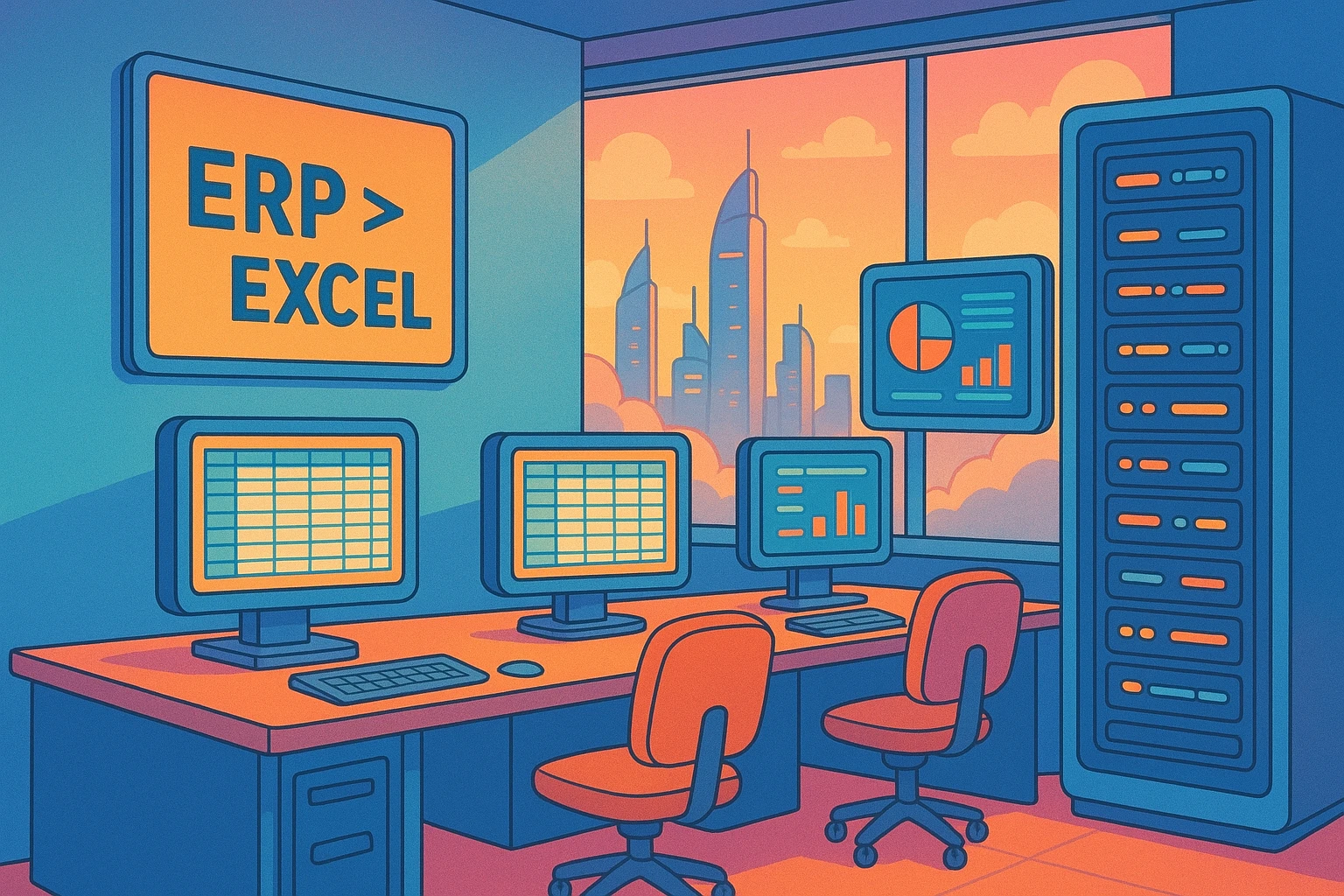Introduction to ERP
Learn about key features, benefits, and components of Enterprise Resource Planning software.

Enterprise Resource Planning (ERP) systems have become integral to modern business operations, providing a unified platform to manage various organizational processes efficiently. This article delves into what ERP is, why it is essential for businesses, and the key components that make up an ERP system.
What is ERP?
ERP stands for Enterprise Resource Planning. It is a type of software that organizations use to manage and integrate the important parts of their businesses. An ERP software system can integrate planning, purchasing inventory, sales, marketing, finance, human resources, and more.
Key Features:
- Centralized Database: ERP systems consolidate data from various departments into a single database, providing a unified source of information.
- Real-Time Data: These systems offer real-time data, enhancing decision-making processes by providing up-to-date information.
- Automation: ERP automates routine tasks, reducing manual effort and minimizing errors.
Why ERP Matters
- Improved Efficiency:
- ERP systems streamline business processes by automating routine tasks and reducing the need for manual intervention. This leads to increased productivity and operational efficiency.
- Better Decision Making:
- With a centralized database, ERP systems provide real-time data and analytics, enabling better and faster decision-making. Businesses can respond more quickly to market changes and customer demands.
- Enhanced Collaboration:
- By integrating various departments, ERP systems foster better communication and collaboration across the organization. Teams can work more cohesively with access to shared information.
- Scalability:
- ERP systems are scalable, allowing businesses to add new functionalities and users as they grow. This flexibility makes ERP a valuable long-term investment.
- Regulatory Compliance:
- ERP systems often come with built-in compliance features that help businesses adhere to industry regulations and standards, reducing the risk of non-compliance.
Key Components of an ERP System
- Financial Management:
- This module handles accounting, financial reporting, budgeting, and financial analytics. It ensures accurate financial data and helps manage the organization's finances effectively.
- Human Resources Management:
- The HR module manages employee information, payroll, recruitment, performance reviews, and benefits administration. It streamlines HR processes and improves workforce management.
- Supply Chain Management:
- This component oversees the flow of goods and services from suppliers to customers. It includes inventory management, procurement, order processing, and logistics.
- Customer Relationship Management (CRM):
- The CRM module helps manage customer interactions, sales, and marketing activities. It provides insights into customer behavior and helps improve customer service and satisfaction.
- Manufacturing and Production:
- This module manages production planning, scheduling, and quality control. It ensures efficient manufacturing processes and optimal use of resources.
- Sales and Marketing:
- The sales and marketing module handles sales orders, pricing, quotations, and sales analytics. It helps streamline sales processes and improve marketing strategies.
- Inventory Management:
- This module tracks inventory levels, orders, deliveries, and returns. It ensures that there is always enough stock to meet demand without overstocking.
- Project Management:
- The project management component tracks project timelines, budgets, resources, and progress. It ensures that projects are completed on time and within budget.
Conclusion
ERP systems are essential tools for modern businesses, providing a comprehensive platform to manage and integrate various organizational processes. By improving efficiency, decision-making, collaboration, scalability, and regulatory compliance, ERP systems help businesses stay competitive in today's dynamic market. Understanding the key components of an ERP system can help organizations choose the right solution to meet their specific needs and drive growth.






